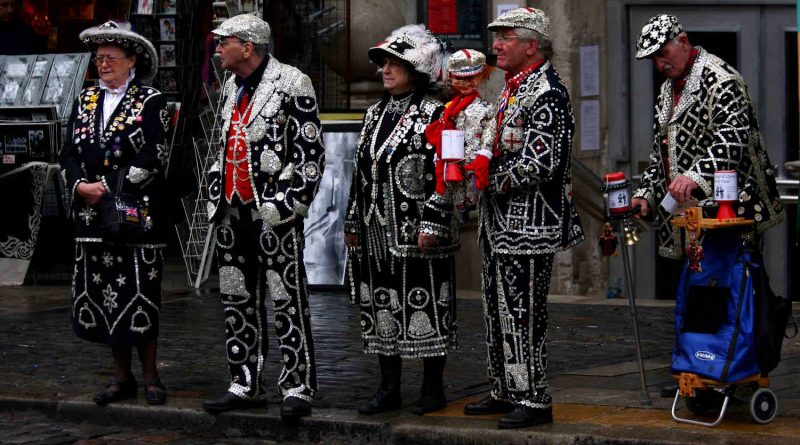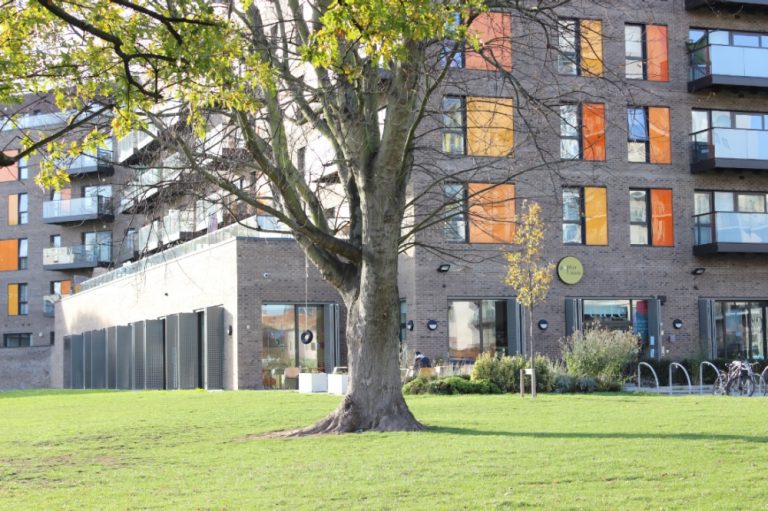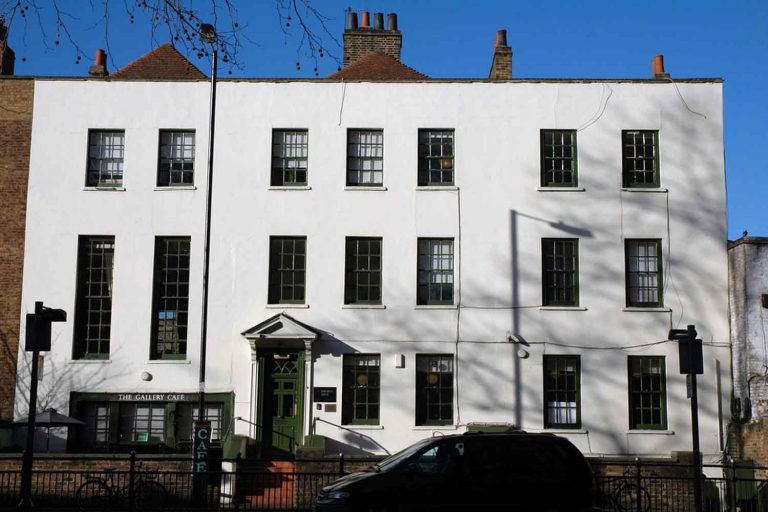Is Cockney disappearing in the East End?
Cockney and King’s English will die with the next generation as young people are found to be using three new accents.
Cockney, the East End’s archetypal working-class accent characterised by glottal stops, dropped H’s and rhyming slang, will die with the next generation, research has found.
A study by the University of Essex found that Cockney and received pronunciation (or King’s English) have all but disappeared among young people, as three new accents emerge.
Voice analysis of nearly 200 18-33-year-olds from London and the South East revealed that the two accents have been overtaken by standard southern British English (SSBE), estuary English and multicultural London English, in a process known as dialect levelling.
Dr Amanda Cole, a lecturer in language and linguistics at Essex University who led the study, said: ‘That’s not to say that there aren’t any young people in our sample who might have spoken these accents, but if so, they were too few and far between for the algorithm to identify.’
Roughly 26 per cent of participants spoke estuary English, which is a muted version of Cockney closer to received pronunciation, similar to the accents of Adele and Olly Murs.
Dr Cole explained: ‘People speaking estuary English pronounce words like ‘house’ a bit like ‘hahs’, but not as extreme as you would find in Cockney.’
As its name suggests, the accent has extended along the Thames estuary and is spoken in the South East, particularly in Essex.
Attempting to prevent accents from changing is like sweeping back an incoming tide with a broom – fruitless and defying nature
Dr Amanda Cole
Forty-nine per cent of participants spoke SSBE, a modern, updated version of received pronunciation, spoken by the likes of Ellie Goulding, Josh Widdicombe and even Prince Harry, the study says.
Around 25 per cent of the young people used a third accent, Multicultural London English, which was first noted in recent decades in the speech of young East Londoners.
According to the researchers, this accent has similarities with Cockney and other south-eastern accents but also has influences from other languages and dialects of English.
The young people with a multicultural London English accent in the sample tended to be Asian British or Black British. Bukayo Saka, Little Simz and Stormzy are examples of people who speak with multicultural London English features.
In the post-war period, Queen’s English and Cockney were steeped in class associations, epitomised by the King’s English of BBC presenters – often dubbed the ‘guardians’ of received pronunciation – and the working-class East London accents of Barbara Windsor or Michael Caine.
Notably, SSBE and estuary English are not as different from each other as Cockney and received pronunciation, which could be evidence of dialect levelling, which occurs as a result of the increased movement of people and the growth of universal education and literacy.
An influential 2010 study about the emergence and diffusion of multicultural London English predicted that the Cockney accent would disappear from the East End within 30 years.
So is there anything we can do to preserve the accent so central to the identity of the East End?
According to Cole, probably not: ‘Attempting to prevent accents from changing is like sweeping back an incoming tide with a broom – fruitless and defying nature’, she says.
While the braggadocio of Cockney rhyming slang might soon be a thing of the past, the East End accent has always been an ever-evolving force, shaped by the many groups of people who move through our area of East London.
Anyone who knows the East End will agree that Cockney is much more than a dialect. And you can rest assured the East End spirit is not going anywhere fast.
For more Cockney content, find our article about the history of back slang, the covert language of the East End.







I’m east end born and bred I will always talk with the east end twang and will drop my letters whenever I feel like it. To stop the demise of east end ( cockney ) stop trying to posh up the east end of London it don’t need it. Stick with the people who belong here not the people who moved in to the east end just because the property was affordable and let the east end people be able to afford to live in the east end again.